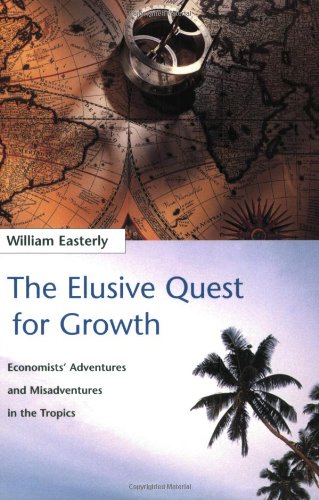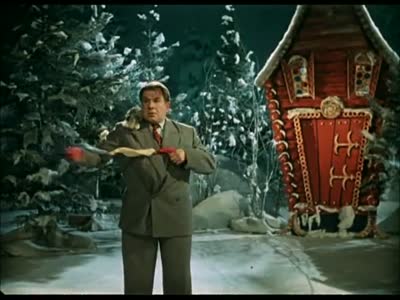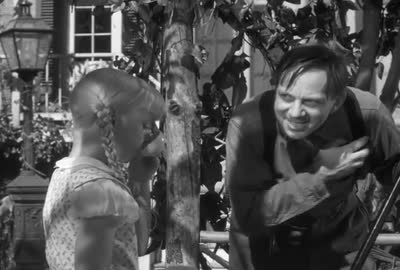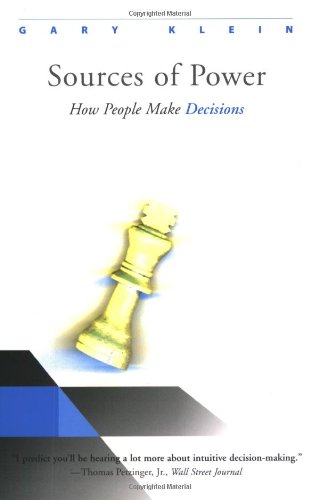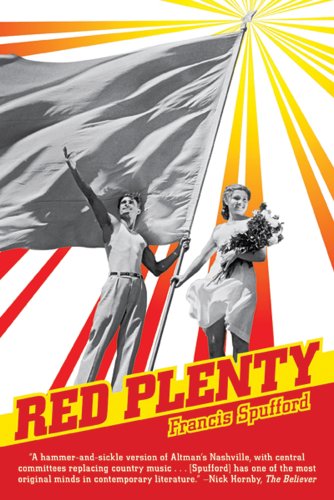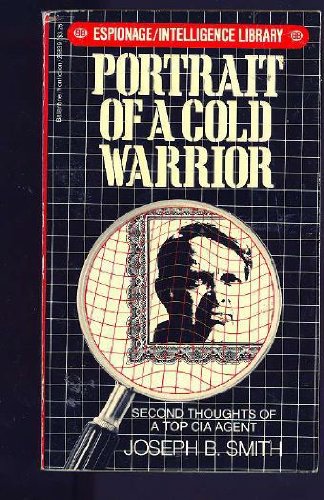William Easterly – The Elusive Quest for Growth
None of the methods development agencies tried for creating economic growth countries actually worked. Not investment, not education, not population control, not aid in return for reform, and not debt relief. Growth only happens when all the incentives of all the major players in a society are aligned in the right way, and nobody has found out how to make that happen yet.
Recommended: Strongly. But I would add that incentives need a Story to keep them in place. People in wealthy societies do not act constructively only because they are incentivized to, but also because they believe in a story about where this fits into the greater picture.
Jonny Steinberg – Thin Blue (2008)
Two decades after the police returned to the poorest neighbourhoods of South Africa, the people who live there do not yet consent to being policed. They and their local police officers play a dangerous game where each side provokes the other to the degree that is necessary for them not to lose face, but not so much that they risk getting killed for it.
Recommended: Yes.
Evelyn Waugh – Decline and Fall (1928)
I expected more than just a slightly meaner P. G. Wodehouse. Now, I like Wodehouse, I just don’t feel like reading him right now, (or most other times, come to think of it, but I’m fairly certain that I do like him, or at least that I have fond memories of having liked him in the past.)
Read: 74 pages.
Recommended: Weakly.
